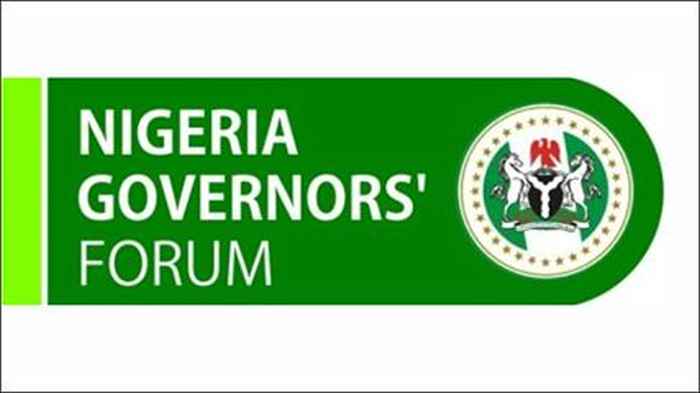The position of the 36 governors that they cannot afford to pay N60,000 minimum wage to civil servants in their states does not hold water as it runs contrary to the improved finances of federal, state and local governments. This position on the ongoing negotiation between the organised labour and the federal government is totally insensitive to the current socioeconomic circumstances, where the political class swims in lavish cash while ordinary Nigerians languish in hunger and penury.
The governors, in a recent statement by the Nigeria Governors Forum (NGF), claimed that, “All things considered, the NGF holds that the N60,000 minimum wage proposal is not sustainable and cannot fly. It will simply mean that many states will spend all their FAAC allocations on just paying salaries with nothing left for development purposes. A few states will end up borrowing to pay workers every month. We do not think this will be in the collective interest of the country, including workers. We appeal that all parties involved, especially the labour unions, consider all the socioeconomic variables and settle for an agreement that is sustainable, durable and fair to all other segments of the society who have a legitimate claim to public resources.”
Unfortunately, this position has been punctured by the decision of the outgoing Edo State governor, Godwin Obaseki, to pay a minimum wage of N70,000 to the state’s workers. Also, to underscore the inadequacy of the N60,000 being proposed as minimum, the governor of Anambra State, Professor Charles Soludo, has challenged governors to take the minimum wage as their own monthly emolument. He argued in a recent media chat thus: “The poor are hungry and impatient, let’s not annoy them more with our insensitivity. In this case, I agree with The Reverend Father Ejike Mbaka, who said elected governors should also earn minimum wage. I agree that we should be paid that, so that we can feel that as well. In Anambra, I have not received a kobo as salary since I assumed office. I have donated my salary to the state.”
We totally agree with the position of Governor Soludo that if state governors eschewed profligacy, ostentatious lifestyle and outright corruption, there will be enough resources available to pay the minimum wage and improve the standard of living of ordinary Nigerians. For instance, between June 2023 and April 2024, as much as N13.4 trillion was distributed among the states from the Federation Account. On the average, most states received about 200 per cent increase in the monthly allocation, compared to the amount they used to receive before fuel subsidy was removed. However, over this period, states have failed to distribute these excess earnings in any way. Until the organised labour began the agitation for a new minimum wage in reaction to the devaluation of the naira and increase in fuel prices, no state government took the initiative to ameliorate the condition of its citizens through wage increase or any form of subsidy in transportation, health care delivery or agricultural commodities. It is, therefore, uncharitable for governors to stifle the systematic negotiation for an increase in the minimum wage.
- NIGERIA DAILY: How To Know If Your Hajj Has Been Accepted
- Minister presents gold bars to president Tinubu, says sector will boost naira value
Apart from the allocations they receive from Abuja every month, the internally generated revenue (IGR) of many state governments has increased. However, diverse means of leakages, some of them perpetrated at the top level, have reduced the amount available for the development of states. In many states, there is open and outright diversion of revenues collected by officials, improper accounting of funds appropriated for projects, tax evasion in collusion with revenue officials, as well as embezzlement of funds by government officials and top civil servants.
Under these circumstances, local and state government revenues, which should have been used to pay living wages to workers, are channeled into the private pockets of those who have access to government purse. State governors can pay much more than the N60,000 minimum wage if they demonstrated the needed political will to block revenue leakages.
We call on the federal government, the National Assembly, State Houses of Assembly and the organised labour to prevail on governors to pay whatever amount is agreed as minimum wage for Nigeria.
If governors put an end or reduce their lavish lifestyles and apply the resources from our commonwealth for the good of the people, they would be able to pay the minimum wage. Nigerians deserve a decent standard of living. We reject the payment of slavish emoluments to people who work to keep the wheel of governance moving.

 Join Daily Trust WhatsApp Community For Quick Access To News and Happenings Around You.
Join Daily Trust WhatsApp Community For Quick Access To News and Happenings Around You.


